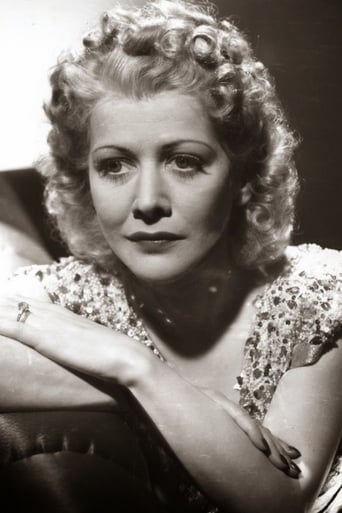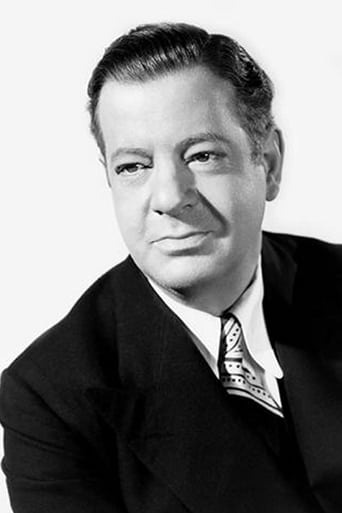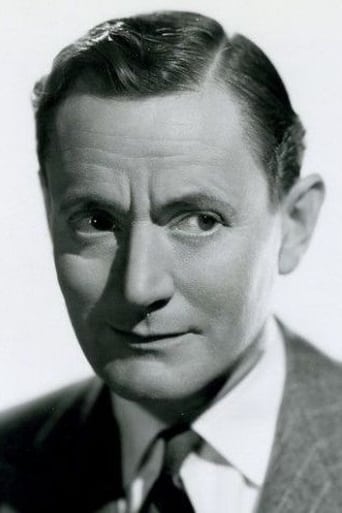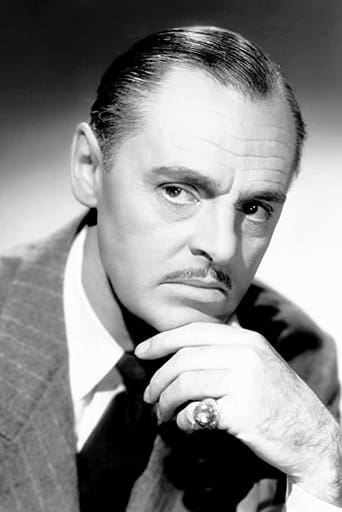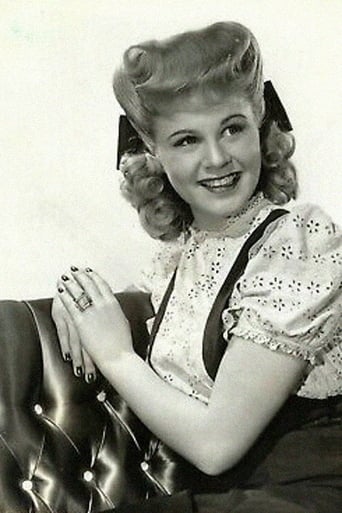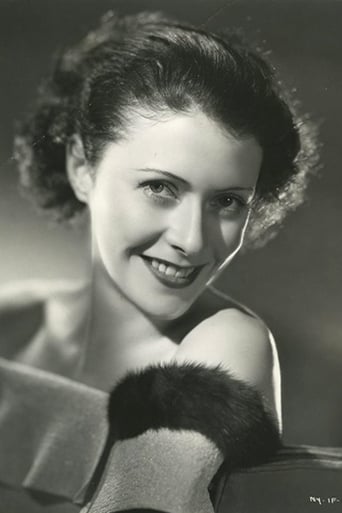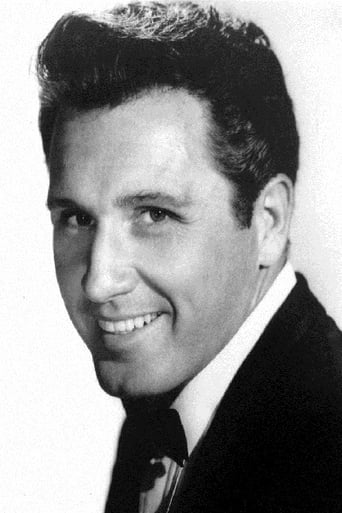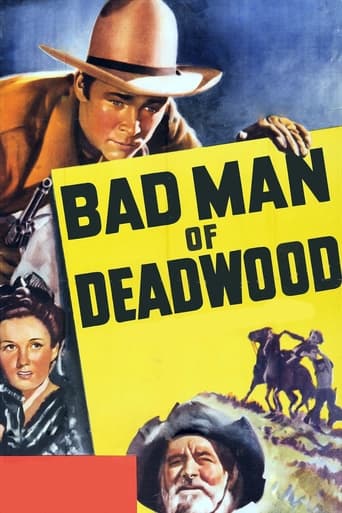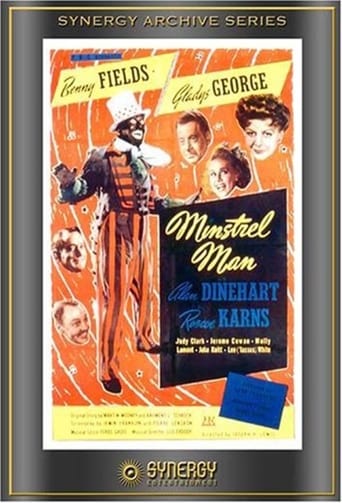
Unusually elaborate for a PRC film, Minstrel Man is a lively musical drama built around the talents of veteran vaudevillian Benny Fields. The star is cast as Dixie Boy Johnson, who rises from the ranks of minstrel shows to become a top Broadway attraction. On the opening night of his greatest stage triumph, Dixie Boy's wife dies in childbirth. Profoundly shaken, he walks out of the show, leaving the baby to be raised by his showbiz pals Mae and Lasses White (Gladys George, Roscoe Karns). The kid grows up to be an attractive young woman named Caroline (Judy Clark), who follows in her dad's footsteps by billing herself as-that's right-Dixie Girl Johnson. This leads to a tearful reunion between Caroline and the father she'd long assumed to be dead. If Minstrel Man seems at times to be a dress rehearsal for Columbia's The Jolson Story (1946), it shouldn't surprising: the PRC film was directed by Joseph H. Lewis, who went on to helm Jolson Story's musical highlights.
Similar titles
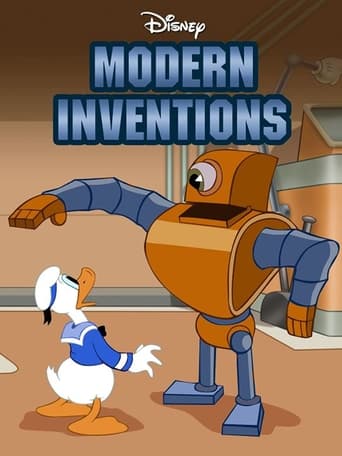
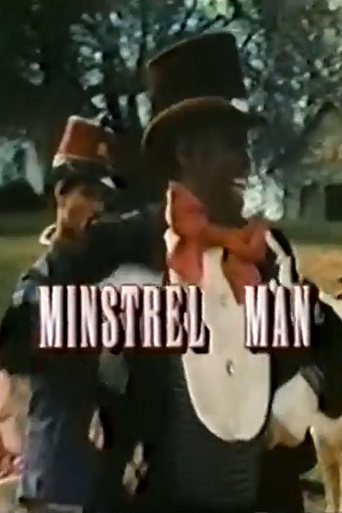
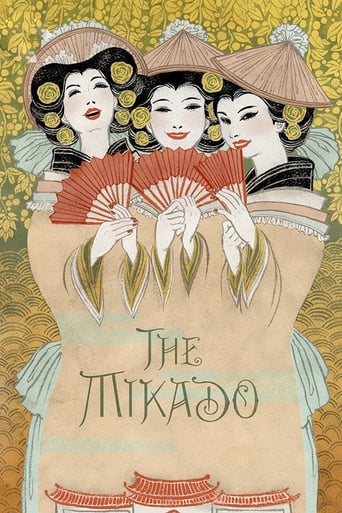
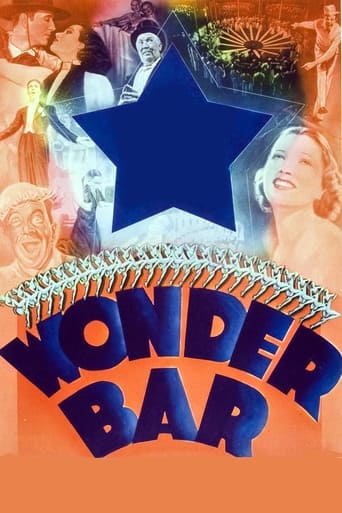
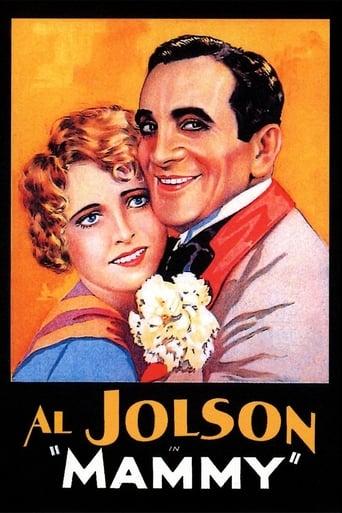
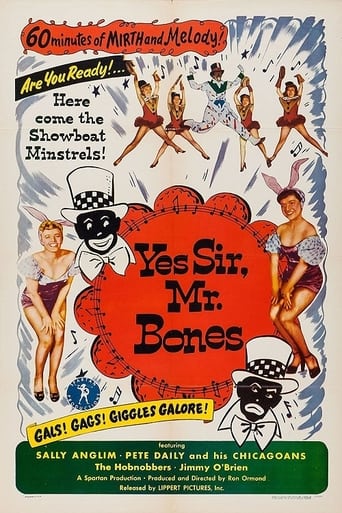
Reviews
Nice effects though.
Fun premise, good actors, bad writing. This film seemed to have potential at the beginning but it quickly devolves into a trite action film. Ultimately it's very boring.
One of the most extraordinary films you will see this year. Take that as you want.
Let me be very fair here, this is not the best movie in my opinion. But, this movie is fun, it has purpose and is very enjoyable to watch.
All the previous reviews/critiques are probably right-on. I was happy to see the film because it presented a bit of theatrical history, showing something of what minstrel shows were like, especially in the opening "Gentlemen Be Seated" bit. Of course, there are similar historical pieces in other movies as well. I don't know that I had ever seen Benny Fields before, although he apparently had done many television appearances in the past, so I was curious to see him and hear him sing. Having seen this film, I rather understand why Ralph Meeker was chosen to play Fields in "Somebody Loves Me" opposite Betty Hutton and I now appreciate that bit of casting.
As a super fan of Al Jolson, I was really interested in seeing this movie, but was sadly disappointed. It strained credulity to believe that the lead, a character named Dixie Boy Johnson, had any kind of following, let alone star power. Voice, body language, dance routines, character - all this was sorely lacking. The scenes of minstrelsy, notwithstanding the elaborate costumes, were dead in the water. I don't understand how the music was nominated for an Oscar. Really it was very ordinary. Moreover, the songs functioned as padding for a storyline was lame from start to finish. Too bad. If you want to see minstrelsy at its entertaining best, check out Swannee River, the biopic of Stephen Foster with Al Jolson as E.P.Christy and give Minstrel Man a pass.
Low-budget early B musical of 1940 that makes you alternately laugh and cringe at the datedness and the cheery, seemingly unconscious racism. Benny Fields stars as Dixie Boy Johnson, a supposedly world-famous minstrel-show performer whose wife dies during childbirth on the very night of his biggest opening yet. He reacts to this by letting his mouth droop, shifting his cheek muscles slightly, and embarking on a five-year booze-and-gambling fest across Europe. A convenient boating accident has the rest of the world thinking him dead; he changes his name and hides out in California, sending flowers to his abandoned daughter every year on her birthday and hovering in the background as she prepares to become a star herself. When she makes her own minstrel-show debut (playing his part in a revival of his big hit!) he's in the wings silently cheering her on; he eventually sneaks onstage (blackface and all), reveals himself to his daughter (how does she recognize him?) and the two of them duet on his signature song, which he was performing the night his wife died. The maudlin tearjerking would send Joan Crawford into gales of hysterical laughter.Fields doesn't convince as a headliner; he sings in a monotonous croon that would put Mel Torme to sleep and his acting is a series of shrugs. As if to compensate, Judy Clark (playing his supposedly destined-for-stardom daughter) is so plucky and perky and cheerful, by gum, she makes "Oklahoma" seem like "Sweeney Todd." Gladys George has a beautiful, trained speaking voice; she brings as much color and variety to her functional role as she can.Moviegoers wanting to see some historical glimpses of minstrel-show musical staging (both of you) will also be disappointed; the Oscar-nominated(???) score rarely rises to mediocre, and the camera never seems to be in the right place during the dances. The final big production number is staged on an ugly set of steps; the chorus members file onto each step and spend the whole song crossing from one side of the stage to the other and back again. This movie certainly doesn't make anyone mourn the loss of the minstrel-show form; most modern audiences will greet the end of the picture with audible relief.
Story of a star performer in minstrel shows who loses his wife in childbirth then gives up on his daughter who begins to rise to prominence as a performer in her own right. Okay backstage drama suffers from a leading man who is a cold fish. Its not clear how he would have been a star of any sort since the actor portraying him has such little charisma that you really don't care and he brings everything down. The music is okay with big production numbers that would make you think this wasn't a Poverty Row film. I know the subject matter of minstrel shows will not sit well with some people. Having seen a couple of similar films set in and around a minstrel show I found this film's portrayal more likely to be offensive then others. As an entertainment in its own right I found it just okay with the lead's poor performance and the subject matter diminishing my enjoyment.
Top Streaming Movies














